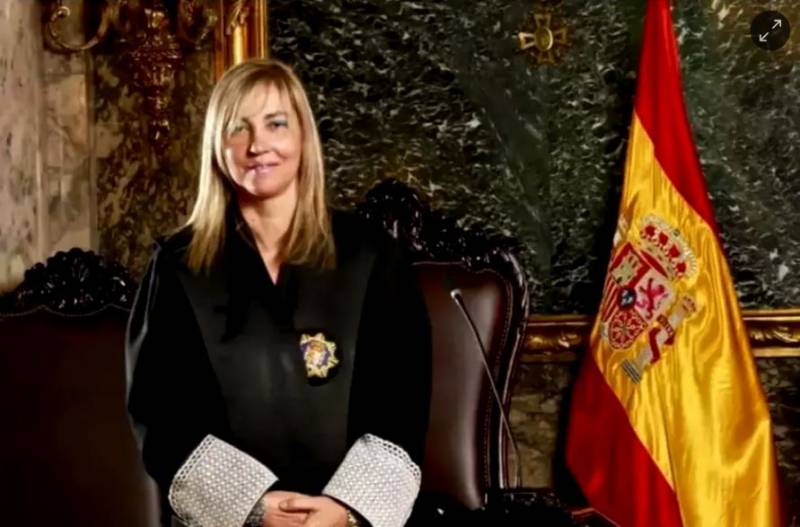article_detail
Date Published: 04/09/2024
Spain's judiciary unblocked: A turning point for democracy
The court can finally move on after half a decade of political brinksmanship

For five years, Spain’s judicial system has been paralysed by a political deadlock, a situation stemming from the appointment of party-aligned leaders to the General Council of the Judiciary (CGPJ).
The CGPJ is the ruling body for all courts in Spain, including the Supreme Court. The stalemate resulted in an institutional crisis that severely tested the limits of Spain’s democracy.
However, after prolonged negotiations and significant pressure from the public and legal communities, the ruling PSOE (Spanish Socialist Workers’ Party) and the conservative opposition PP (People’s Party) have reached a historic agreement. They have decided to depoliticise the Supreme Court, appointing legal professionals instead of political figures to lead the judiciary.
The resolution of this deadlock culminated in a landmark event for Spain: the appointment of Isabel Perelló as the first woman to preside over both the Supreme Court and the CGPJ.
Perelló, a Catalan magistrate with a reputation for fairness and progressive values, has become a symbol of hope for restoring the independence and prestige of Spain’s judiciary. Despite being part of the progressive quota, her candidacy was not the government’s first choice. However, her broad appeal across the political spectrum led to her overwhelming election, securing 16 out of 20 votes from the CGPJ members.
Perelló’s appointment is seen as a critical step towards reclaiming the judiciary from the grip of political influence. Her tenure as president of the CGPJ comes at a time when the judiciary’s reputation is marred by allegations of “lawfare” – the misuse of legal systems for political purposes.
These accusations have been particularly prominent in cases involving high-profile figures close to the government, such as Begoña Gómez, the wife of Prime Minister Pedro Sánchez, and Álvaro García Ortiz, the State Attorney General.
As the new leader of the judiciary, Perelló faces the daunting task of addressing these suspicions and restoring public confidence in the courts. Her colleagues describe her as a skilled jurist with a strong commitment to justice, qualities that will be essential as she navigates the complex political landscape and strives to uphold the integrity of the legal system.
Challenges for Spain’s judiciary over the next 5 years
The immediate challenges Perelló faces include filling key vacancies within the judicial leadership, vacancies that have hampered the effective functioning of the courts due to the protracted political stalemate. Beyond these operational hurdles, she must tackle the deeper issue of the judiciary’s tarnished image, which has been exacerbated by the ongoing debates over the amnesty law and other politically charged cases.
Perelló’s close ties to Defence Minister Margarita Robles, another influential figure in Spain’s progressive circles, have also drawn attention. Their shared commitment to gender equality and judicial independence will likely shape Perelló’s approach as she seeks to lead the CGPJ through one of its most challenging periods.
As Isabel Perelló begins her five-year term, the hope is that her leadership will mark a new era for Spain’s judiciary, one characterised by independence, fairness and a return to the fundamental principles of justice.
Her appointment is a significant milestone in the ongoing effort to depoliticise the courts and restore their role as impartial arbiters in a democracy under strain.
The coming months and years will be crucial in determining whether these reforms can truly take hold and whether the judiciary can emerge from this crisis stronger and more resilient than before.
Image: CGPJ
Loading
Sign up for the Spanish News Today Editors Roundup Weekly Bulletin and get an email with all the week’s news straight to your inbox
Special offer: Subscribe now for 25% off (36.95 euros for 48 Bulletins)
OR
you can sign up to our FREE weekly roundup!
Read some of our recent bulletins:
Discount Special Offer subscription:
36.95€ for 48 Editor’s Weekly News Roundup bulletins!
Please CLICK THE BUTTON to subscribe.
(List price 3 months 12 Bulletins)
Read more stories from around Spain:
Contact Spanish News Today: Editorial 966 260 896 /
Office 968 018 268


























